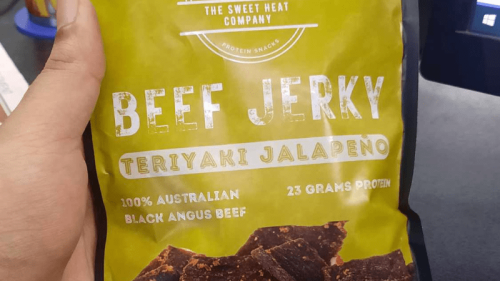I had lunch at Alounak the other day after a long gap, and am happy to report that the food was as good as ever. This is my favourite Iranian restaurant in London, and the chef makes a mean Chelo Kebab Kobideh. This dish consists of two minced lamb kebabs grilled on flat skewers over charcoal, accompanied with rice and a couple of slightly charred tomatoes.
You can ask for a raw egg and a pat of butter on the side. You then scoop a shallow hole in the mound of rice and slip in the egg and the butter, and then cover them up. The rice has to be piping hot to cook the egg. Sprinkle some sumak over everything and dig in. Anybody travelling to Iran can get sick of this ubiquitous national dish. But if you have a perfectly cooked Chelo Kebab once every few months, you long for it after a bit.
The striking thing about this seemingly straightforward dish is the rice: fluffy and steaming, each grain is separate and perfectly cooked. In my view, the Iranians are the world champions at cooking rice. The variety grown in Gilan province near the Caspian Sea is known as Domsiah because of a small black dot on one end. It is from the Basmati family, but is longer and has more fragrance.
One method of cooking rice is known as Tah-deg, or slightly scorching the rice at the bottom to produce a deep brown skin that is then divided and served with the steamed rice. My mother called it khurchan, and it used to be a special treat. Basically, you put freshly boiled rice into a non-stick saucepan in which you have heated a little oil at the bottom. This is then placed on very low heat for around 20 minutes.
For me, few things are as good as a delicate pulao made with the best quality Basmati. Ideally, you make a clear broth with chicken or lamb, place the meat with the rice and simmer it all in the stock, together with cloves and cardamoms. Being lazy, I often use a couple of high quality stock cubes I get from my local butcher here in Devizes. I use exactly double the quantity of liquid as the rice. The grains are first washed a few times in running water and then soaked for an hour or so. Place it in the saucepan with the stock, and after it has come to a boil, lower the flame so the liquid just simmers quietly with a little salt in the covered pot.
When the rice is done in around eight minutes, test a few grains, turn the heat off and add some freshly browned cumin (zeera) seeds, and mix it in with a little oil, fluffing up the rice gently. I occasionally throw in some frozen peas for the colour. Let the saucepan sit under a tight lid for five minutes or so before serving. By contrast to this simple, elegant dish, redolent with the scent of rice and cardamom, I find biryani very heavy and overpowering.
The other great rice tradition is in the Far East where the grains are shorter and starchier. This makes them clump together, making them ideal for eating with chopsticks. In Pakistan, Chinese restaurants use local Basmati that makes it hard to eat with chopsticks.
Another favourite of mine is the Italian technique of making risotto. The grains used are Arborio or Carnaroli, both short, starchy varieties. This dish requires around half an hour of undivided attention, but rewards your labour amply. Again, a good stock is needed. You start with finely chopping a large onion for half a kilo of rice, and sauté it in a generous amount of unsalted butter. Just as it turns pink (but not brown), throw in the rice and make sure all the grains are coated in the butter.
Now comes the tedious bit: before the rice starts to stick to the bottom of the pan, add a ladle of the stock, stirring all the while. As soon as the liquid is absorbed, add another ladle, and so on until the rice is just done. This takes around 20 minutes, and in the last stage, you have to check for doneness frequently to make sure the rice is not overcooked. There are many variations to risottos: mushrooms, seafood, saffron, the list is almost endless. But mostly, the defining ingredient is added at the end to avoid overcooking. A good risotto requires hard work and practise, but is a very satisfying dish to prepare and serve.
Then of course, there are all the puddings and sweet dishes prepared with rice, but that’s for another article…












































Dear visitor, the comments section is undergoing an overhaul and will return soon.